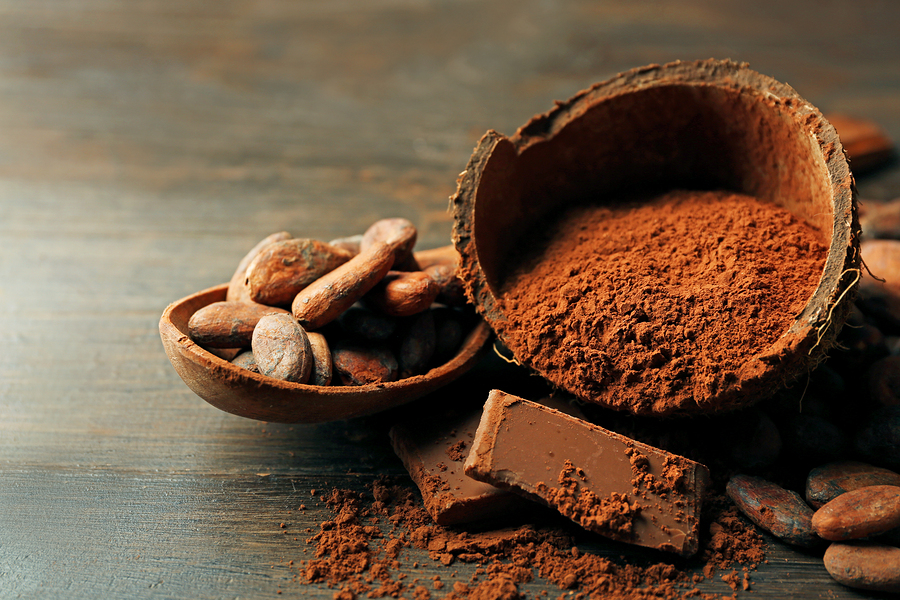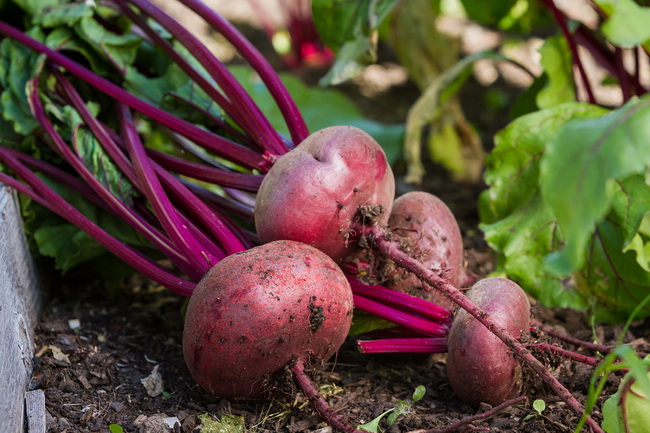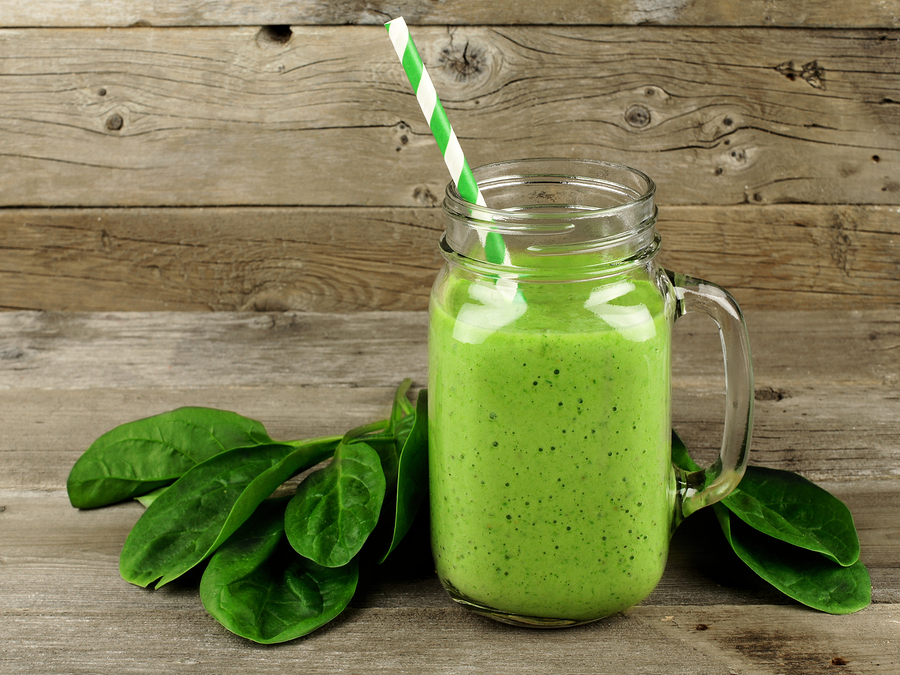- Make It Yourself Lavender Heart-Shaped Bath Bombs!
- 20 Things You Never Knew About “Down There”
- 12 Best Foods For Those Suffering From Arthritis Pain
- 12 Personal Hygiene Mistakes Almost Everyone Makes (Mom Never Told You About #4!)
- 15 Medicinal Plants And Herbs From The Cherokee People
- 12 Mind-Blowing Benefits Of Drinking Coconut Water During Pregnancy
- 12 Outstanding Winter Foods That Won’t Fatten You Up Like A Christmas Turkey
Top 10 Low-Inflammation Foods That Will Transform Your Life
There are two types of inflammation that we are faced with on a regular basis. One is acute inflammation and the other is chronic inflammation. Acute inflammation is the result of tissues that are injured or pathogens that are bacterial in nature. Chronic inflammation is due to reactions from the autoimmune system or from constant acute inflammations.
After much research in this area, it was discovered that there were many foods that were recognized as being low-inflammation in content. Listed below is the top group of foods that have been proven effective in controlling the levels of inflammation. Just incorporate them into your regular diet. You may want to keep this list handy so you can refer to it on your next trip to the grocery store.
1. Blueberries
Besides being tasty little berries, blueberries were proven to reduce and even stop inflammation in a major way. The blueberries have flavonoids that are called anthocyanins that are able to extinguish immune and inflammatory genes. Add these berries to your deserts, yogurt, or cereal to start off your day.
2. Oatmeal
The benefits of oatmeal are twofold – it reduces inflammation as well as cuts down on insulin resistance. The oats, which you use for your oatmeal, take care of the healthy bacteria in your gut. When this happens, it results in butyrate – which is a type of fat oxidation that reduces inflammation and leaves you without bloating. You can put your oatmeal together in a jar in your refrigerator so it is ready for you first thing in the morning.
Continue to Page 2
3. Dark chocolate
It’s always good news when chocolate is recognized for its health benefits! Several studies found that there are microbes in our gut that are able to ferment chocolate into compounds that make them anti-inflammatory and heart-healthy. Choose a chocolate that has a 70 percent or more cacao content. The most effective way to eat your chocolate is… with a couple of a pieces of apple! The apple will increase the process of fermentation and help with weight loss.
4. Turmeric
After clinical trials, it was found that turmeric was as effective as most non-steroidal anti-inflammatory drugs (NSAIDs) that you can buy over-the-counter to treat pain and inflammation. Isn’t that magical? Turmeric has been effective in reducing the pathways of two major inflammatory enzymes – COX-2 and 5-LOX. It has even made a difference in the pain experienced by those with arthritis. Try adding turmeric to your favourite homemade dishes – it will color up your rice or veggies into a beautiful golden as well!
Continue to Page 3
5. Beets
Beets have become more popular recently not only because they are good for you but because they taste delicious when roasted. This vegetable is noted for containing betalain pigments which promote anti-inflammation, serve as an antioxidant, and promote chemo preventive issues. Spread out your beets on a sheet pan, drizzle with olive oil and salt and pepper and roast at 425 degrees for about 30 minutes for a unique treat.
6. Tomatoes
Fresh tomatoes are effective at reducing inflammation that is caused by depression. The skins contain lycopene so adding them to your salad or eating slices with fresh mozzarella and a balsamic vinegar will give you an easy way to help you fight against inflammation. If you prefer to consume your tomatoes cooked, you can enjoy even more lycopene if you create a sauce out of them sautéing in some extra virgin olive oil. The olive oil will enhance the taste as well as assist the lycopene, which is fat soluble, to be safely absorbed. A good tomato sauce can be made up ahead of time and frozen so you can enjoy a pasta dish any time you want.
7. Pineapple
Besides being a powerful agent that tenderizes meat, pineapple is a potent anti-inflammatory that has been proven to eliminate symptoms that generate inflammation. Many physicians recommend eating pineapple before and after undergoing a surgical procedure as it helps the healing process. You can consume pineapple juice or fresh pineapple slices or chunks to get the bromelain enzymes working for you.
Continue to Page 4
8. Spinach
Many baby-boomers grew up watching Popeye the Sailor Man eat his spinach right out of the can. He would flex his muscles and everyone credited his intake of spinach for his powerful strength. Today spinach is lauded for the way it can go after inflammation no matter where it hides out. The leafy vegetable is brimming with carotenoids as well as vitamins K, C, and E. These compounds keep the body protected from cytokines that are pro-inflammatory. One of the vitamins, a type of vitamin E that is referred to as alpha-tocopherol was proven in scientific studies to reduce inflammation in coronary patients who suffered from artery disease. Enjoy spinach sautéed in olive oil and garlic as a side dish or make a fresh spinach salad with fresh mushrooms and a light vinaigrette dressing.
9. Tuna
You don’t have to spend a lot of money on top-of-the-line products to get the most anti-inflammatory benefits. A simple can of light tuna fish has been found to be one of the highest ways to include a fatty acid known as bioactive to your regular diet. Add some fresh homemade mayonnaise, chopped celery, and bits of onion to create a delicious tuna salad you can stuff into a large fresh tomato.
READ ALSO: Arthritis Diet: The Best Foods For Reducing Inflammation Infographic
10. Green Tea
Green tea has long been hailed for its health benefits. There are antioxidants called catechins that can be found in most tea plants. One of the strongest of the catechins is called the epigallocatechin gallate. Just about the only place you can find this compound is in green tea plants. Because of this, green tea is more effective as an anti-inflammatory food than almost any other tea, including black tea.
References:




































